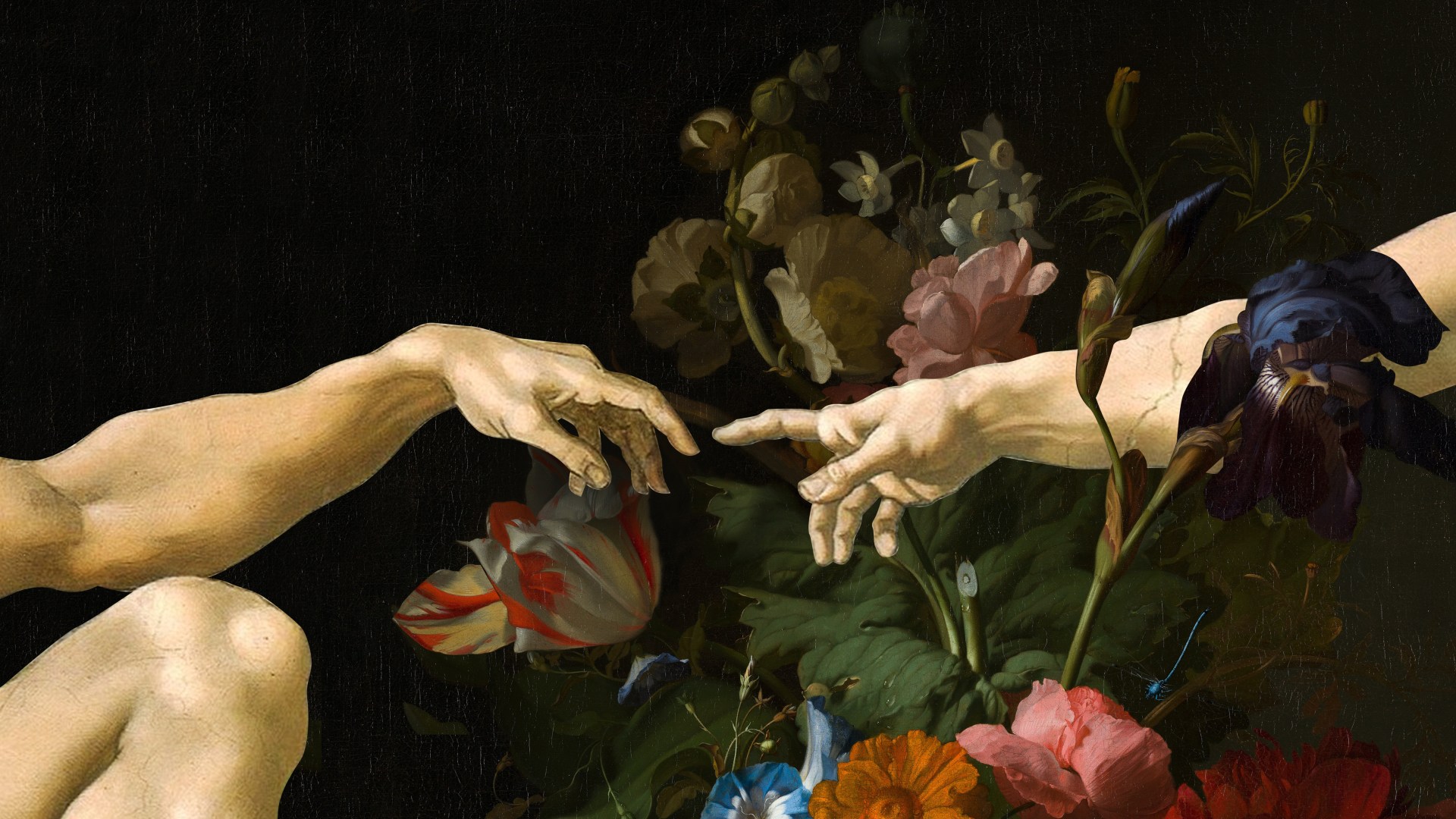When I survey American evangelicalism, an issue plaguing our public engagement is the implied notion that Christian concerns over what is just and moral are inherently sectarian. In other words, our concerns for the world are only “Christian concerns” and not concerns about the world more broadly. Relatedly, what Christians consider as imperatives for engagement are often mediated through the politically popular. For example, there is no shortage of Christian enthusiasm to marshal our resources to combat sex trafficking.
But the same quest for justice animating our excitement in one arena demands equal attention in others if we are to be consistent. Christian engagement cannot stand, or fall, based on what is popular. Our reflection on addressing social ills cannot be determined by whether society accepts our claims as Christians, but whether society itself lives with or against the grain of God’s creation. This is our Father’s world, whether the world realizes it or not.
Is there a consistent moral backdrop for Christians to solidify our public proclamations? A few years ago, I wrote an essay for Christianity Today with Dan Darling entitled, “We Should Expect Non-Christians to Share Our Morals.” We argued that there are not two differing moralities, one for Christians and another for non-Christians, but two differing responses to a single morality: obedience or disobedience to what God has ordered for all. Christian morality is the moral reality shared by all people because God’s true and good creation encompasses everything.
“The Golden Rule” laid down by Jesus is a natural law principle: When we treat our neighbors with respect and kindness, we are seeking the integrity of their personhood.
Historically and theologically, the idea of a single, intelligible and discernible moral order given by God is referred to as “natural law.” Often called “general revelation,” “creation ordinances” or “common grace” in Protestant circles, natural law implies a loving Creator who orders the world and directs human actions and choices toward a built-in, common good for creatures made in God’s image. Beauty is enjoyed as intrinsically beneficial for its own sake. Learning is a worthwhile pursuit because knowledge is intrinsically valuable. We follow traffic laws because preserving life is right; we reject racial animus because skin color is irrelevant when it comes to human dignity.
Natural law manifests throughout Scripture. The Golden Rule laid down by Jesus (Luke 6:31) is a natural law principle: When we treat our neighbors with respect and kindness, we are seeking the integrity of their personhood in hopes that our integrity as persons is fulfilled as well. Such simple truth is a building block of society.
As a gift from God, natural law—its righteousness and justice—is universally understood (Rom. 1:20). A person need not be a Christian to see it. Jesus said, “[God] causes his sun to rise on the evil and the good, and sends rain on the righteous and the unrighteous” (Matt. 5:45). There is no realm outside of God’s reach. All things hold together in Christ (Col. 1:15–17) and everything was made through him (John 1:3). As Oliver O’Donovan famously wrote in Resurrection and Moral Order, “The order of things that God has made is there. It is objective, and mankind has a place within it. Christian ethics, therefore, has an objective reference because it is concerned with man’s life in accordance with this order.”
Common humanity is our warrant as Christians to enter the public square. Our concern for addressing social ills originates from our shared creation by God. Natural law dictates the content of our engagement. From the Supreme Court’s recent Bostock decision that undermines the stable, objective categories of male and female, to a presidential election whose outcome will determine a coherent or incoherent shape to human rights, the implications of creation order are everywhere: whether in fighting poverty, addressing racial hostility, or promoting the dignity of unborn life.
While Christian thought does not offer a granular solution to poverty or the prudence of a minimum wage, it does mandate combating poverty, opposing racism, advocating for an equitable economy, and upholding the sanctity of life. As humans we are created to exercise responsible dominion over God’s creation (Gen. 1:26).
For Christians, the question goes beyond what the Bible says to what the Bible’s description of an intelligible, stable order demands. Confidence in God’s ordered creation is essential to our engagement with the world. Public witness must begin with the belief that Christian truths are not sectarian but are embedded in the structure of the whole creation. Grace started in Eden’s garden. To give up the garden means we give up grace, too.
Andrew T. Walker is associate professor of Christian ethics and apologetics at The Southern Baptist Theological Seminary.









